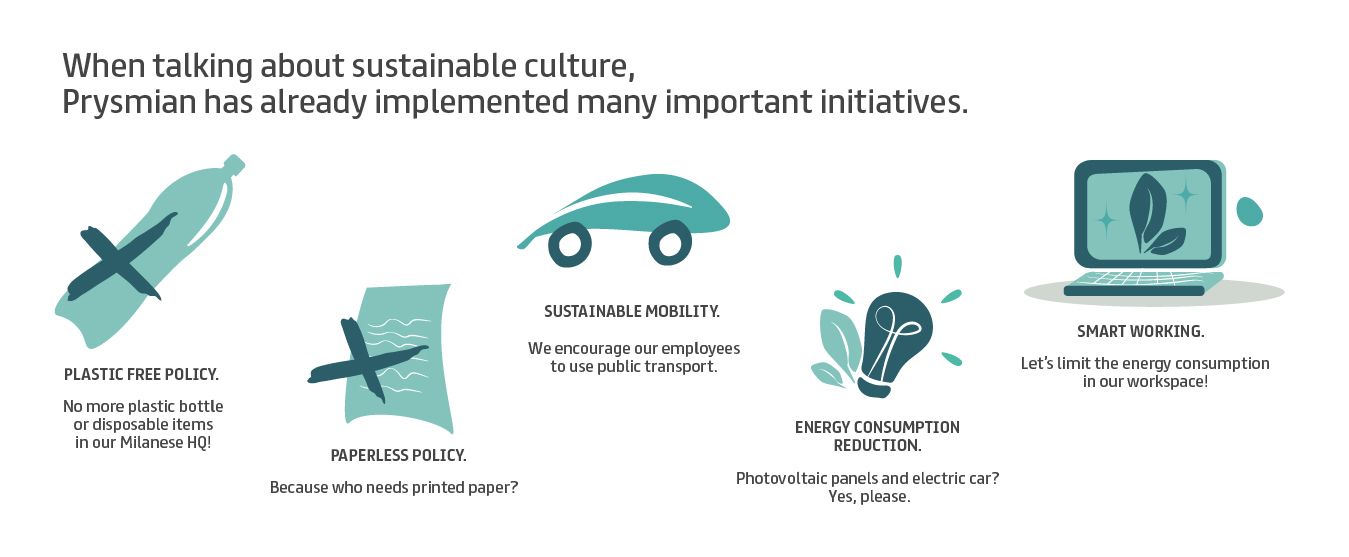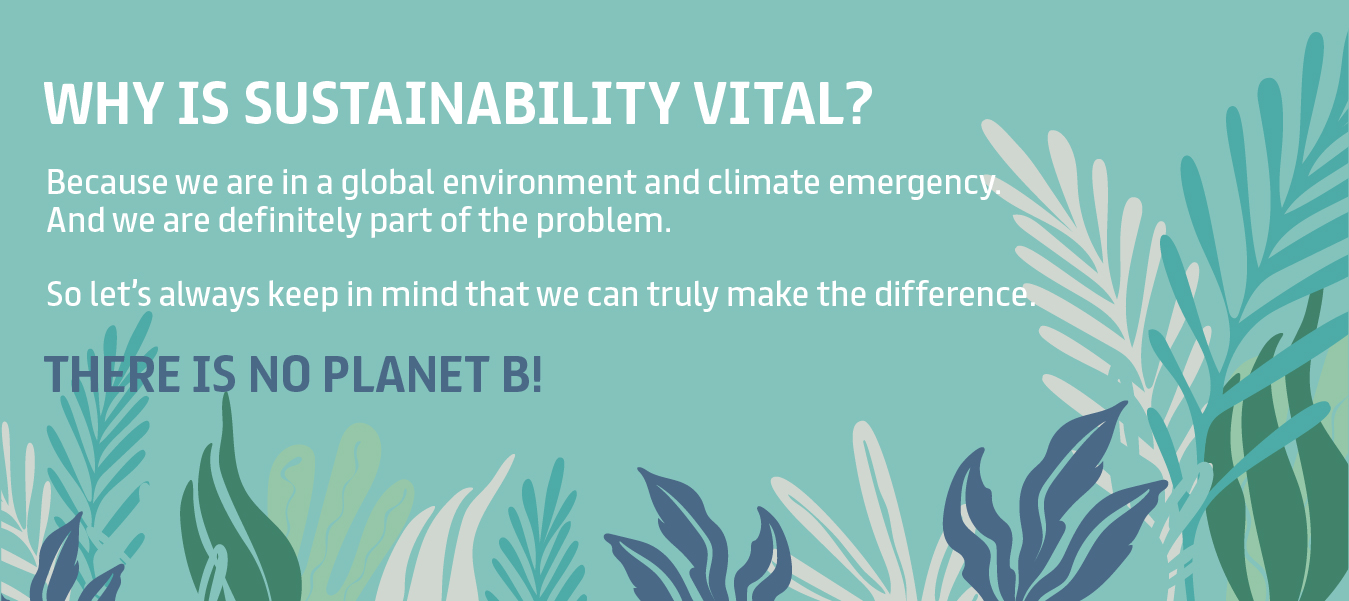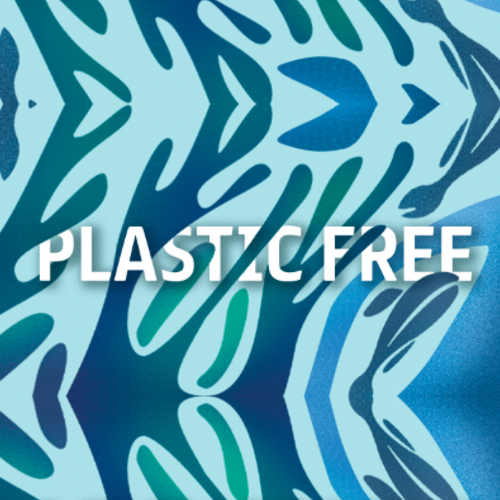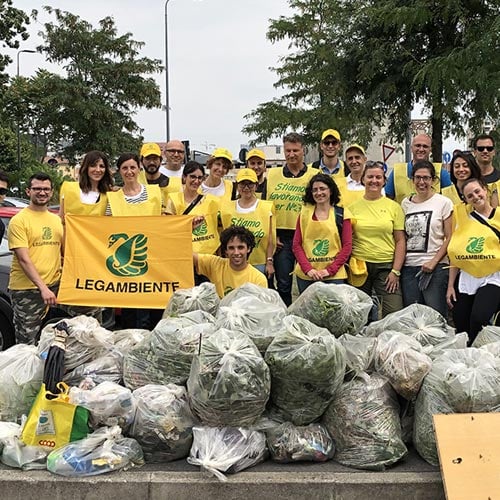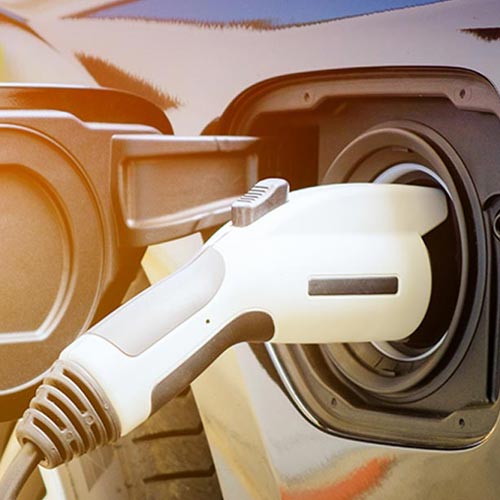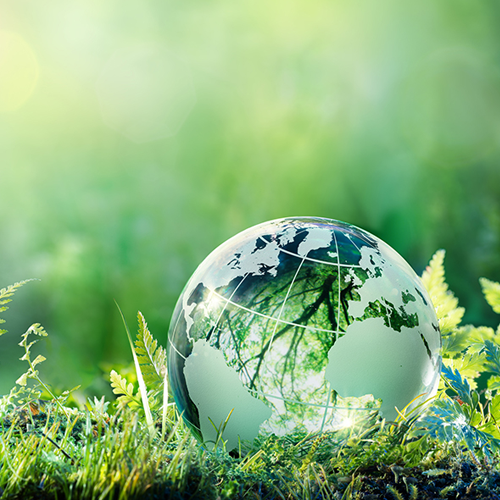Prysmian Group is now plastic free

No more plastic cups or plastic water bottles in vending machines. Prysmian Group employees on a coffee break at its two plant-filled “greenhouse” areas or in one of the building’s many meeting rooms now use paper cups, refillable bottles and a mug with their name on it supplied by the company.
The group launched its “Plastic Free” pilot project on May, eliminating all single use plastic at its Milan headquarters where around 700 people work. That means 700,000 less plastic objects to throw away and recycle each year, making a small contribution to the growing problem of plastic waste. Water vending machines are being replaced by water dispensers.
The project will soon be launched at other offices too, said Andrea Pirondini, Chief Operating Officer.
"This project is another important step forward on our path to becoming a more sustainable company,” said Pirondini. “We believe that simple everyday actions can create and strengthen a culture of sustainability, helping to protect out planet. That’s why, in the coming months, we will extend the plastic free model adopted by our Milan headquarters to other places in the Group as well.”

Andrea Pirondini
Chief Operating Officer
Prysmian’s Milan headquarters was designed to be eco friendly when it was completed in 2016. It was built on the site of a former train factory, in the industrial area on the outskirts of Milan that has now been totally reconverted with a university, shopping mall and contemporary art museum. The building was awarded the highest level of Leadership for Energy and Environment Design or LEED Certification in 2018, which is managed by a United States non profit group.
The building gives 85% off its employees access to natural lighting, and has cut energy costs by 70% from benchmark. Its roof is covered by solar panels, and the parking lot has 10 electric car charging stations. Employees are encouraged to commute by public transport with a free annual pass.

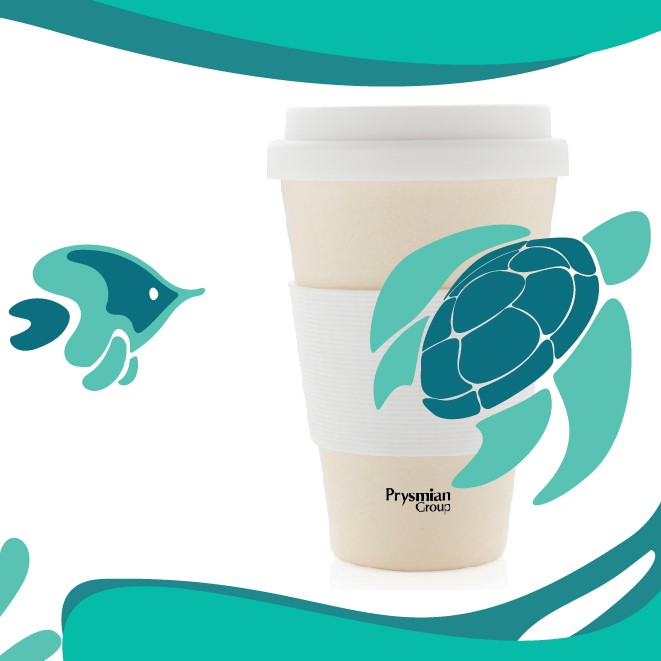
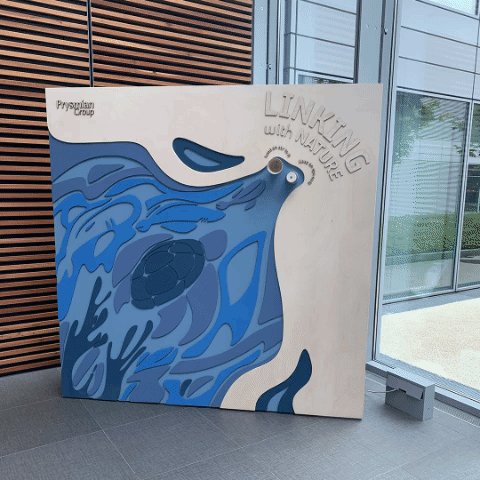
The plastic free project makes Prysmian part of a growing corporate movement worldwide to reduce plastic waste. In January, 28 the world’s largest companies got together to launch the Alliance to End Plastic Waste, pledging to spend $1.5 billion over five years to improve waste collection that will reduce the amount of plastic now getting dumped into the world's oceans. Companies, for their part, are responding to growing public concern about global warming, driven by the increasing amount of extreme weather events witnessed in recent years.
A study by Pew Research Center found that a median of 56% of people in 23 countries said climate change was their main concern in 2013. That number rose 67% in the most recent survey. Climate change is now seen as the top threat in 13 out of 26 countries polled by the Pew Research Centre, it said.
Governments in some regions are reacting to this growing public awareness of the environmental damage caused by plastic waste. The European Union has decided to ban single use plastics including straws and plastic cutlery by 2021. The law sets a target for 95% of plastic bottles in the European Union to be collected for recycling by 2029. In 2015, the European Union passed measures to reduce the use of plastic bags.
“It took me a few days to remember to bring a water bottle,” said one of our employee. “But now that I’m in the habit it's easy. Im glad I can do something small to fight climate change.”
Prysmian sets group-wide sustainability targets based on the Sustainable Development Goals laid out by the United Nations. In 2018, the Group was ahead of its own targets to meet several of those environmental and human resources goals by 2020. Moreover, Prysmian is now working with its supplier network in Italy to help monitor CO2 emissions in the supply chain.
